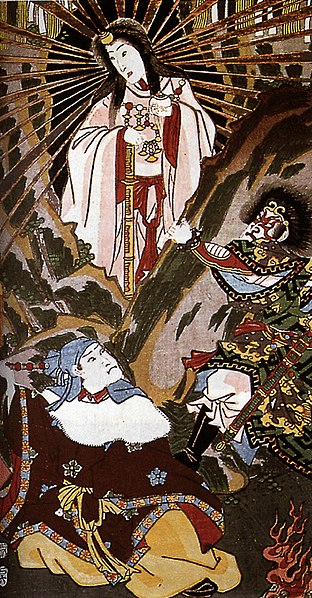Infinite photos and videos for every Wiki article ·
Find something interesting to watch in seconds
Crown Jewels
Celebrities
Tallest Buildings
Best Campuses
World Banknotes
Largest Palaces
Presidents
Ancient Marvels
Orders and Medals
Great Artists
Richest US Counties
Great Museums
Great Cities
Wars and Battles
Countries of the World
Animals
Supercars
Largest Empires
History by Country
Rare Coins
British Monarchs
Kings of France
Sports
Famous Castles
Wonders of Nature
Recovered Treasures
more top lists




